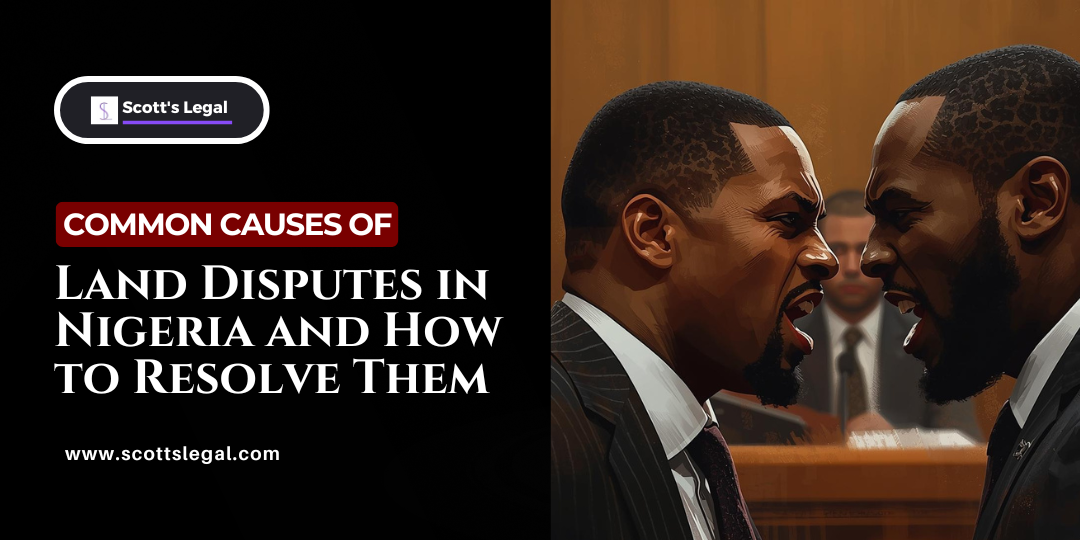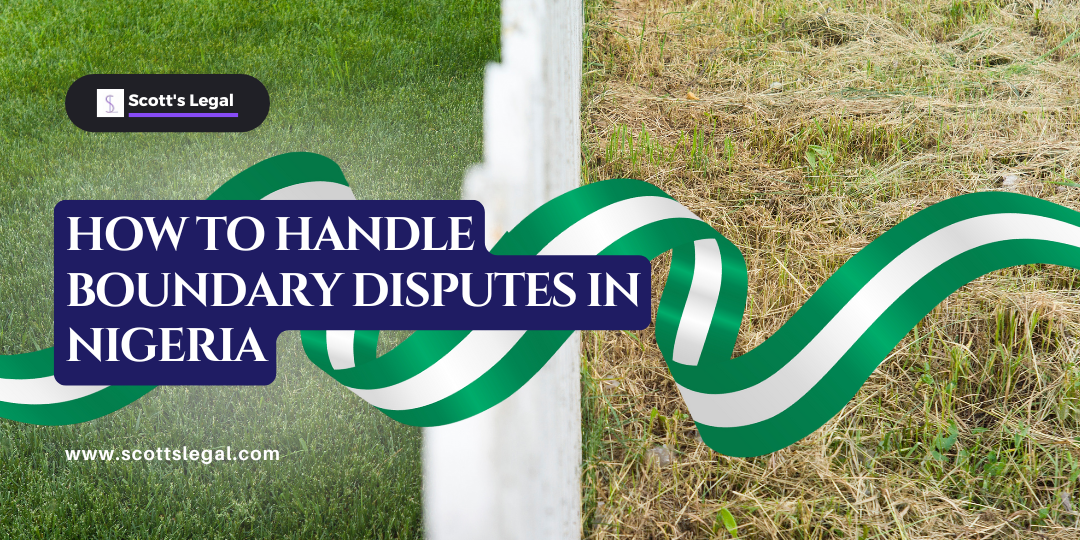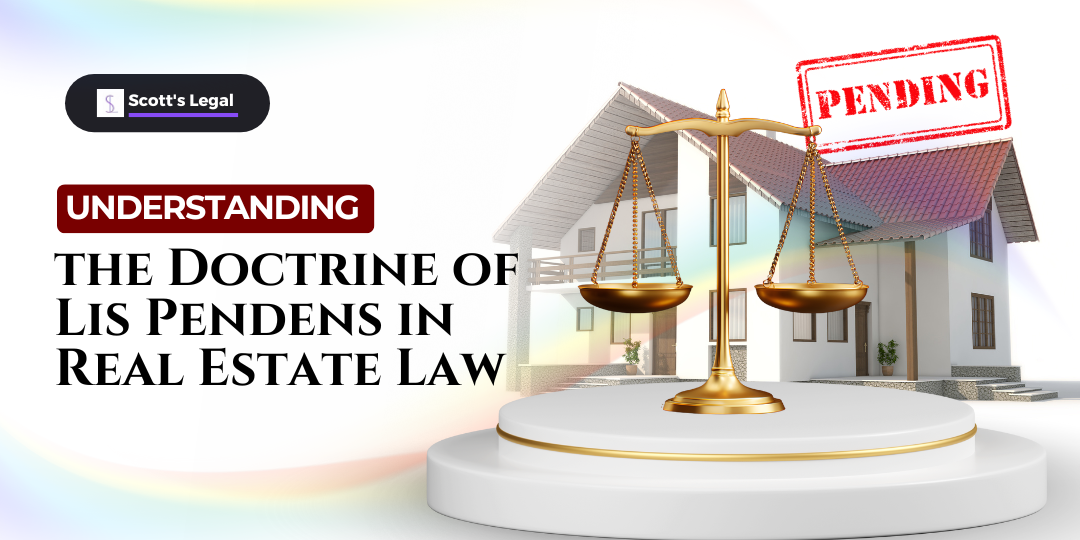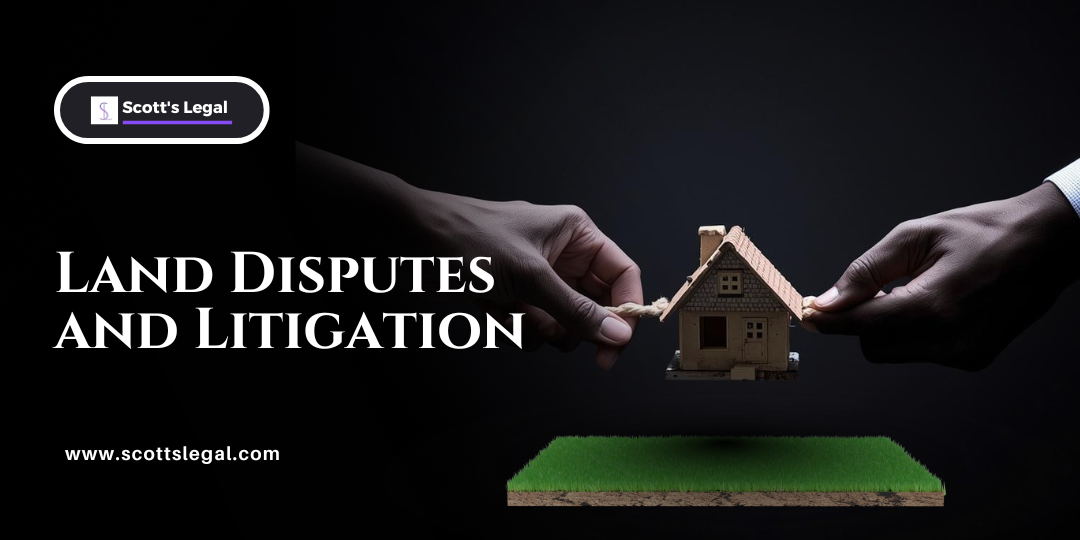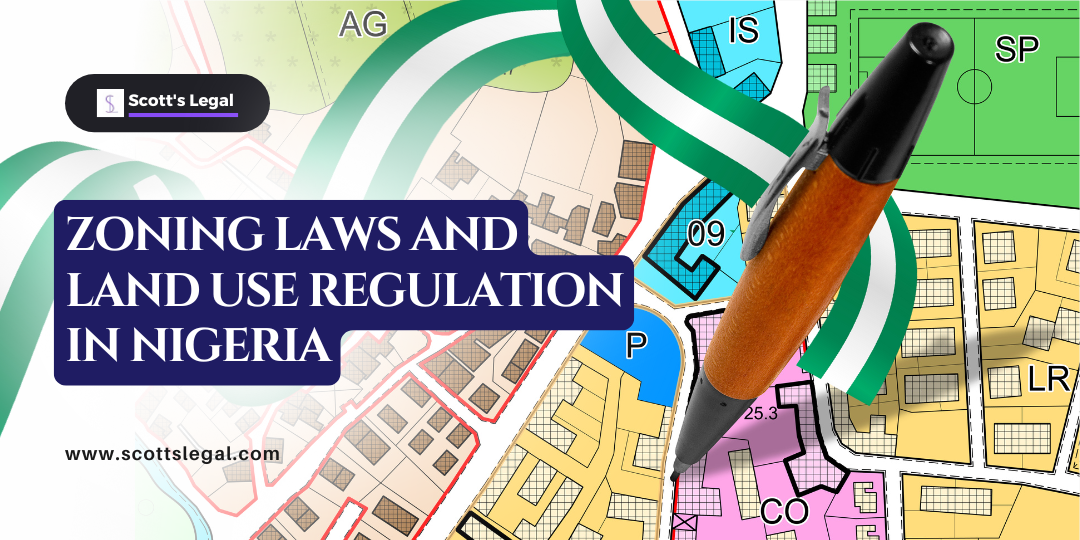Understanding the causes of land disputes in Nigeria is essential for any investor looking to acquire or develop property. Land conflict in Nigeria remains one of the biggest risks in real estate, often arising from ownership ambiguities, inadequate documentation, and the clash between customary and statutory land systems. This article explains why disputes occur, how to prevent them, and the legal mechanisms available for resolving land disputes, ensuring you make informed and secure investment decisions.
Why Land Disputes Are So Common in Nigeria
Nigeria’s land ownership system is complex. While the Land Use Act vests all land in each state in the governor, customary ownership and communal inheritance practices still influence vast areas of land. Investors often face challenges when these parallel systems overlap.
Below are the major causes of land disputes in Nigeria and the legal considerations behind them.
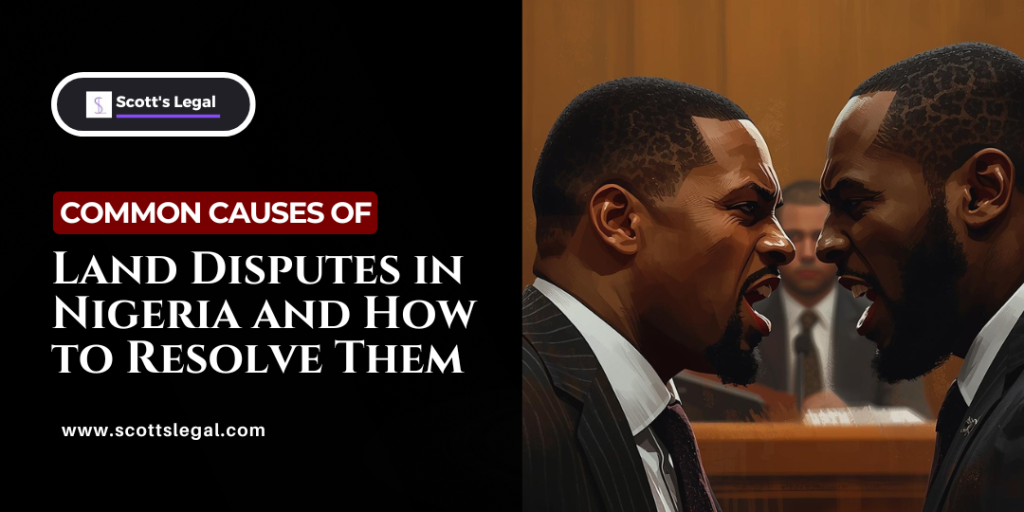
Common Causes of Land Disputes in Nigeria
A. Ownership Conflicts
Ownership-related issues remain the most frequent trigger for property disputes in Nigeria.
Common examples include:
- Multiple sales of the same land: Fraudulent sellers or unscrupulous agents may sell a single parcel to multiple buyers.
- Unclear or forged title documents: Disputes occur when deeds, surveys, or Certificates of Occupancy (C of O) are incomplete, falsified, or improperly registered.
- Customary vs. statutory rights: Conflicts arise when individuals hold statutory titles while community members assert customary ownership claims to the same land.
B. Boundary Disputes
Such disagreements often stem from:
- Inaccurate or outdated survey plans
- Lack of beacons or physical demarcations
- Encroachment due to poor record-keeping
Boundary conflict is especially common in semi-urban areas undergoing rapid expansion.
C. Trespass
Trespass occurs when an individual enters or uses land without permission. This can result from unclear ownership, overlapping claims, or deliberate encroachment by adjoining landowners.
D. Inheritance and Family Land Disputes
Where a deceased owner leaves no clear will or estate plan, family members may contest how property is shared. Many disputes also arise from:
- Disagreement among heirs
- Unauthorized sale of family land
- Conflict between widows and extended family members under customary norms
E. Government Revocation of Rights
Under the Land Use Act, the government can revoke land rights for “overriding public interest.” Disputes typically arise when:
- The revocation appears unjustified
- Compensation is inadequate or delayed
- The procedure under the Act is not properly followed
F. Land Grabbers (Omo Onile)
In Lagos and surrounding states, Omo Onile – self-styled landowners—illegally claim ownership, impose levies, or extort money from legitimate purchasers. Many investors face harassment, construction stoppages, or even violent confrontation.
G. Customary Land Ownership Issues
In rural and peri-urban areas, land is often communally owned. Disputes arise when:
- Family heads sell land without the consent of other members
- Community decisions are not documented
- Multiple customary claimants exist
H. Encroachment
Encroachment happens when a landowner builds or occupies beyond their surveyed boundaries. This is especially common in densely populated areas and estates without proper perimeter control.
How to Resolve Land Disputes in Nigeria
While land conflict cases can be complicated, several preventive and legal mechanisms exist for dispute resolution.
Below are preventive measures to avoid land disputes in Nigeria.
1. Conduct Comprehensive Due Diligence
Before purchasing land:
- Verify ownership records at the State Land Registry
- Confirm the genuineness of the title documents
- Engage a licensed surveyor to confirm boundaries and chart-histories
- Investigate whether the land is under government acquisition
2. Secure Proper Documentation
Essential documents include:
- Certificate of Occupancy (C of O)
- Deed of Assignment
- Governor’s Consent
- Registered survey plan
For customary land, ensure all principal family members sign the agreement and the transaction is properly documented.
3. Engage Qualified Professionals
Working with:
- Real estate lawyers
- Surveyors
- Town planners
- Registered estate agents
reduces the risk of fraud and ensures compliance with statutory procedures.
4. Avoid Informal or Shortcut Processes
Attempts to bypass legal requirements, such as unregistered deeds or verbal agreements, almost always lead to disputes later.
Bearing all of these in mind, we would proceed to examine the dispute resolution mechanisms in Nigeria.
Dispute Resolution Mechanisms in Nigeria
When disputes arise, they can be resolved through several legal and alternative processes.
1. Negotiation and Mediation
- Useful for family and communal disputes
- Encourages peaceful settlement
- Preserves long-term relationships within the community
Many Nigerian communities rely on elders or appointed mediators to settle local land conflicts.
2. Arbitration
If parties have an arbitration clause or agreement, the dispute can be handled privately. Arbitration is:
- Faster than litigation
- Confidential
- Less formal
It is increasingly used for commercial land transactions.
3. Litigation
Litigation remains the most common form of resolving land disputes in Nigeria. The appropriate courts include:
- State High Courts: For disputes involving statutory titles or ownership.
- Customary Courts: For customary land issues within their jurisdiction.
Courts evaluate evidence such as:
- Title documents
- Survey plans
- Receipts and signed agreements
- Witness testimony
- Acts of long or uninterrupted possession
4. Administrative Remedies
Where government revocation or acquisition is involved, remedies may include:
- Petitions to the Governor
- Appeals to land agencies
- Requests for compensation review
Legal Remedies Available to Claimants
Courts and alternative dispute mechanisms may grant:
- Declaration of title: Confirming the lawful owner
- Injunctions: Stopping encroachment or development
- Damages: Compensation for trespass, loss, or destruction
- Restitution: Returning the land to its rightful owner
At this point, we would highlight the legal framework for land dispute settlement in Nigeria.
Legal Framework for Land Dispute Settlement in Nigeria
Resolving property disputes relies on a blend of statutory and customary law, including:
Key Statutes
- Land Use Act (1978)
- Evidence Act (2011)
- State Land Instruments Registration Laws
Judicial Precedent
Courts recognize five methods of proving ownership (from Idundun v. Okumagba):
- Traditional evidence
- Valid documents of title
- Acts of ownership
- Long and uninterrupted possession
- Ownership of adjacent land
Challenges in Resolving Land Disputes
Nigeria’s dispute resolution system faces obstacles, including:
- Lengthy court processes due to judicial delays
- Corruption and undue influence in some jurisdictions
- Poor documentation by landowners
- Conflicts between customary and statutory claims
These issues highlight the importance of thorough due diligence.
Finally, we shall leave a summary of practical tips for real estate investors and developers in the face of land disputes.
Practical Tips for Real Estate Investors and Developers
- Work only with licensed lawyers, surveyors, and agents
- Conduct periodic land registry searches
- Fence and secure your land to deter trespassers
- Ensure every transaction is documented and registered
- Keep copies of all receipts, agreements, and surveys
Conclusion
Land disputes in Nigeria are common but avoidable. By understanding the causes of land disputes in Nigeria, conducting proper due diligence, securing valid documentation, and obtaining professional guidance, investors can significantly reduce risks.
When disputes arise, legal resolution of property disputes options such as mediation, arbitration, or litigation provide structured pathways to protect your interests.
Other Articles On The Blog
- Real Estate Development in Nigeria: Legal and Regulatory Guide
- Omo Onile in Nigeria – Dealing With Them Legally
Navigating property laws in Nigeria can be complex, but the right legal guidance makes all the difference.
At Scotts Legal, we provide expert support in property acquisition, title investigation, registration, and property management, helping real estate investors make confident, compliant, and secure decisions.
For consultations and inquiries, send us a message – here.

